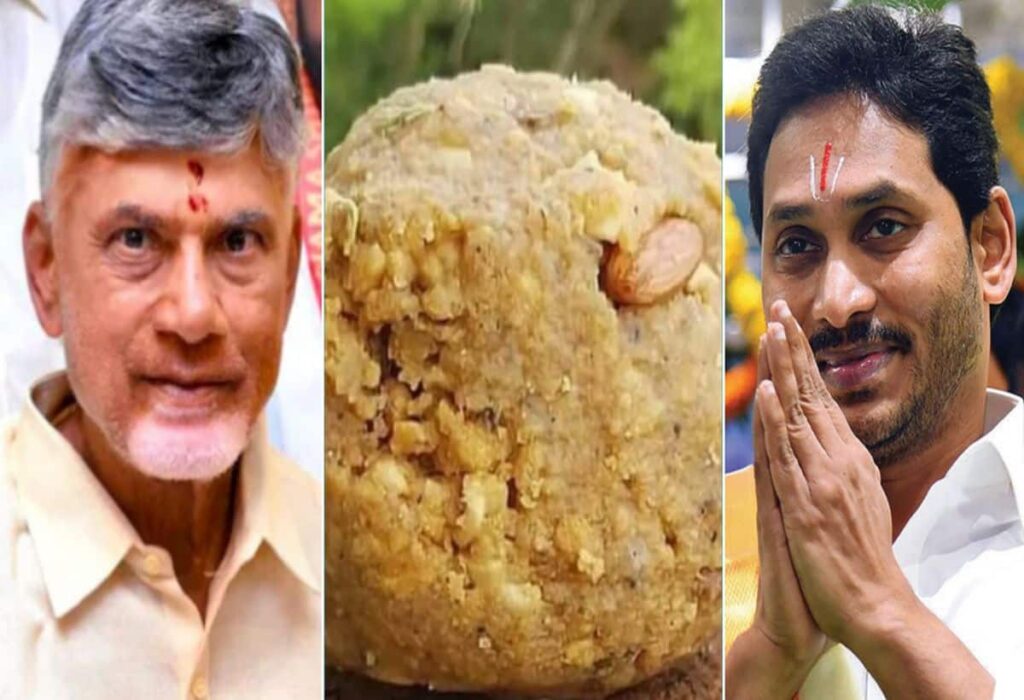The ongoing controversy surrounding the distribution of Tirupati Laddu has recently gained significant attention, with political implications surfacing amidst the allegations made by Andhra Pradesh Chief Minister N. Chandrababu Naidu. This delicious offering, revered by devotees as a sacred prasadam, has become the focal point of a public spat between major political figures, including Y.S. Jagan Mohan Reddy of the YSR Congress Party (YSRCP) and Prime Minister Narendra Modi. On September 22, 2023, Reddy penned a letter to Modi demanding action against Naidu, who has accused the YSRCP of being involved in compromising the quality of prasadam.
The Tirupati Laddu: A Sacred Offering
Tirupati Laddu, a traditional sweet prepared at the Tirumala Venkateswara Temple in Andhra Pradesh, holds immense religious significance. Devotees from around the world flock to the temple, where they receive these delectable laddus as a part of their spiritual experience. However, the sanctity of this prasadam is now under scrutiny due to allegations of tampering, raising questions about food quality and integrity.
Political Allegations and Counterclaims
Chandrababu Naidu’s accusations have turned the Laddu into a battleground for political rivalry. Naidu claims the YSRCP’s involvement in mixing inferior ingredients into the prasadam, which threatens the temple’s reputation. In response, Jagan Mohan Reddy’s letter to Prime Minister Modi emphasizes the need for a fair investigation and claims that these allegations are politically motivated.
Impact on Devotees and Temple Administration
| Concern | Impact |
|---|---|
| Trust in Prasadam | Devotees may question the authenticity and safety of the Laddu. |
| Temple Revenue | Possible decline in donations and footfall due to negative publicity. |
| Political Ramifications | Could influence upcoming elections in Andhra Pradesh. |
The Way Forward: Ensuring Integrity
To preserve the sanctity of the Tirupati Laddu, it is crucial for both the temple administration and political leaders to engage in transparent discussions. An independent investigation could provide clarity, restoring trust among devotees and ensuring that the cherished prasadam is safeguarded against any potential contamination. Collaborative efforts between political factions and temple authorities may also help mitigate future conflicts over such sensitive issues.
Conclusion
The Tirupati Laddu row exemplifies the intersection of faith and politics, highlighting the need for integrity and accountability in religious practices. As the situation unfolds, it remains critical for all stakeholders to prioritize the sentiments of the devotees and the legacy of the Tirumala temple. Moving forward, transparency and dialogue will be essential in resolving this controversy and ensuring that the sanctity of the Tirupati Laddu is upheld.
